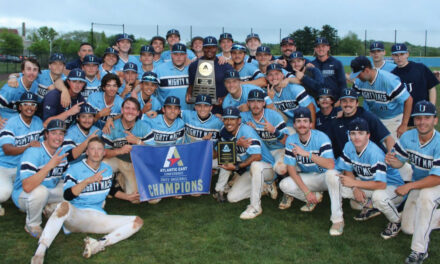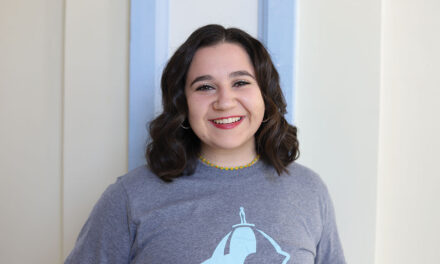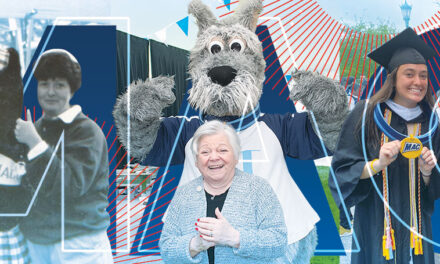Janet Etzi, Psy.D.
Psychology Professor
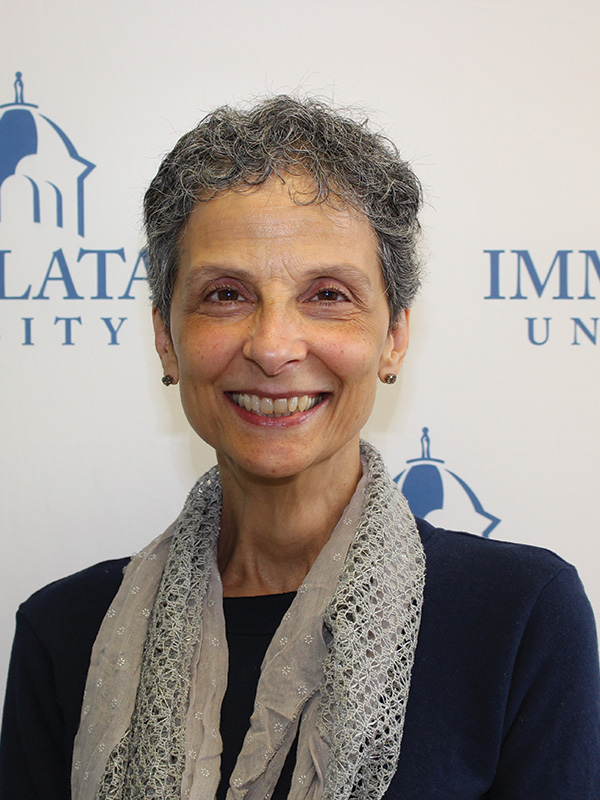
When you’re teaching, you can’t help but learn! I taught graduate psychology students for 29 years at Immaculata. Some of my students came from various backgrounds and cultures and helped me realize assumptions I made about them. They also helped me see my own culture from another perspective. This is so important for the work a psychologist does—we can’t make any assumptions about people’s experiences, but it’s natural for us to do that. So many times, I would say to myself, “Wow, I never thought of that.”
In clinical seminars, students talked about the cases they had. I came to appreciate students’ ability to open up and ask questions. That pushed me to keep up with the research and new ways of working. It was a real pleasure to guide them through the field, which is changing so much and so fast.
Caseloads are heavier now, paperwork is increasing, and you have to keep up with your continuing education. You can lose sight of how you, yourself, are doing. We talked a lot about self-care in the Psy.D. program. No one else is going to protect your boundaries, so you have to. If you can remember that the point is to stay connected to the people you’re serving and to yourself, you’ll be OK. It all comes back to the basics—empathy, listening, compassion.
I began volunteering last year for a nonprofit agency in Philadelphia, offering grief counseling to victims of crime and gun violence. I’m grateful to contribute what I can to healing. The people I serve are amazing and are teaching me so much.
Sister Alice Schaebler, IHM
Interlibrary Loan and Reference Librarian
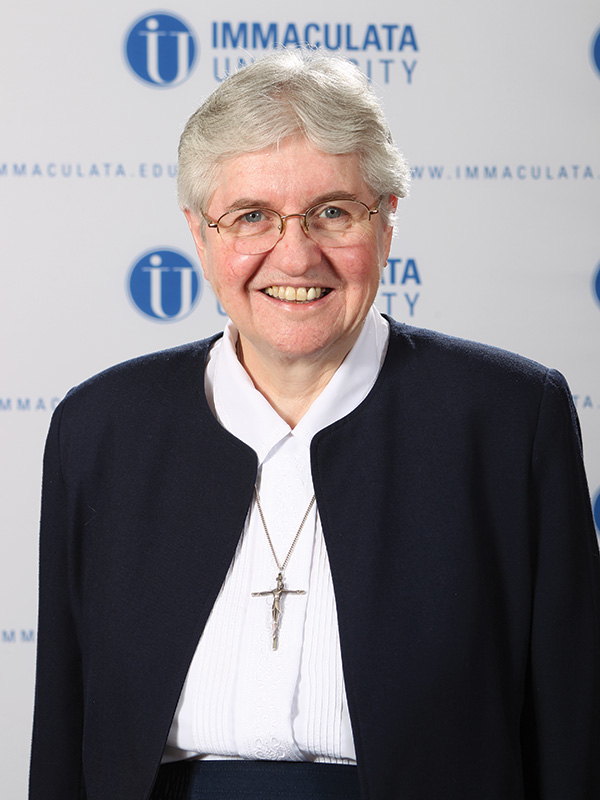
As I reflect on the 21 years I have been at Immaculata in the Gabriele Library, I realize what a great blessing it has been to me to serve our IU community. After becoming emerita, I still hope to be involved with the library. I am looking forward to fewer hours, but I would still like to help out wherever there is a need. It is always rewarding to help someone find something they are looking for in their research work.
Working in a library gives one the opportunity to serve the whole community, whether it be faculty, undergraduate students, adult undergraduates or graduate students. It also makes one aware of all of the different subject areas that students are involved in.
Since my main job here was interlibrary loan, I was able to help many students over the years with materials they needed for their various assignments. Some of the things students request are fascinating—I just received a book on the dark secrets of scientific research. Research can be a very interesting task. So I hope students enjoyed what they were learning.
Over the years it has been enjoyable watching research change because of technology. We used to look up books’ locations in the drawers of the card catalog and consult research guides to find magazine or journal articles on various topics. It was always fun to point out to some students how quickly they were able to find things now compared to those of us who studied years ago with limited resources. Today libraries are able to share their materials quickly and easily. This is always beneficial to the students.
Sister Marie Lorraine Bruno, IHM
French Professor and Evening Division Dean
1931-2021
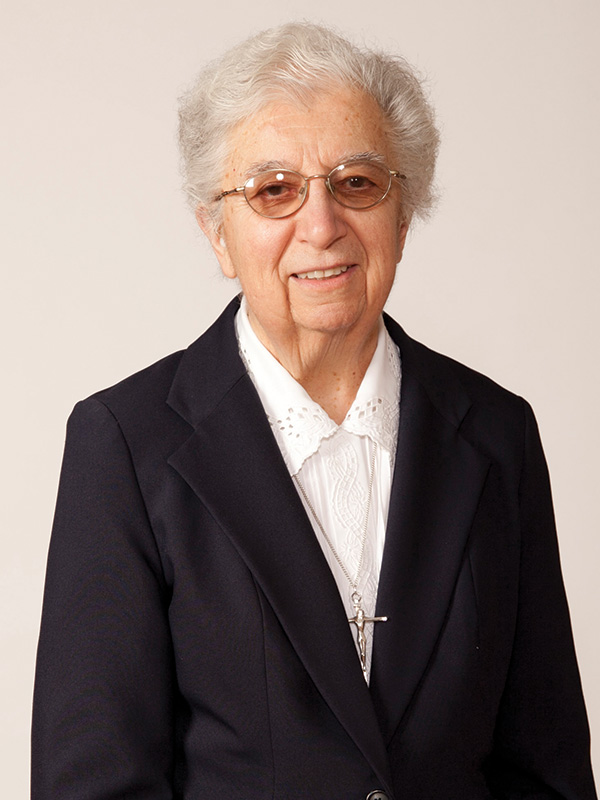
“I can’t help but see Sister Lorraine in the person of the Christ, and her sincere interest in the other, accompanying students on the way, always interested in what you are doing … not imposing, but leading and guiding, warming hearts in subtle and yet certain ways,” said Father Chris Rogers, former chaplain at Immaculata, at Sister Lorraine’s funeral Mass. She was “a learned woman who didn’t need to prove it.”
Sister Marie Lorraine Bruno, IHM, passed away last December at age 90, in the 69th year of her religious life. And what a life it was, full of affection for the many students she served. She studied French language and culture in Paris and taught French in various high schools and at Immaculata, where she also served for five years as dean of Immaculata’s Evening Division for adult undergraduates.
Sister Lorraine said she loved the “spontaneity” and “carefree” nature of traditional-age students as well as the “seriousness of purpose” she saw in adult students. She did whatever she could to support them. When adult students sheepishly brought in old transcripts with low grades, she just smiled, joked about their youthful mistakes and tried to award them credit for at least one previous course. When she saw adult students rushing to a three-hour class after work, not having eaten dinner, she said, “My heart used to go out [to them], particularly to the nurses.”
“I have nothing but great memories of her, her teaching style, her warm demeanor, sense of humor, asking me to lend an arm to help her across the icy path,” Tague Wilkins ’15 wrote on Sister Lorraine’s online tribute wall. “She was like a mother to her students.”

